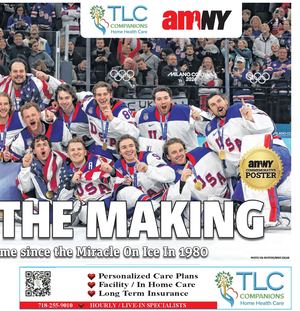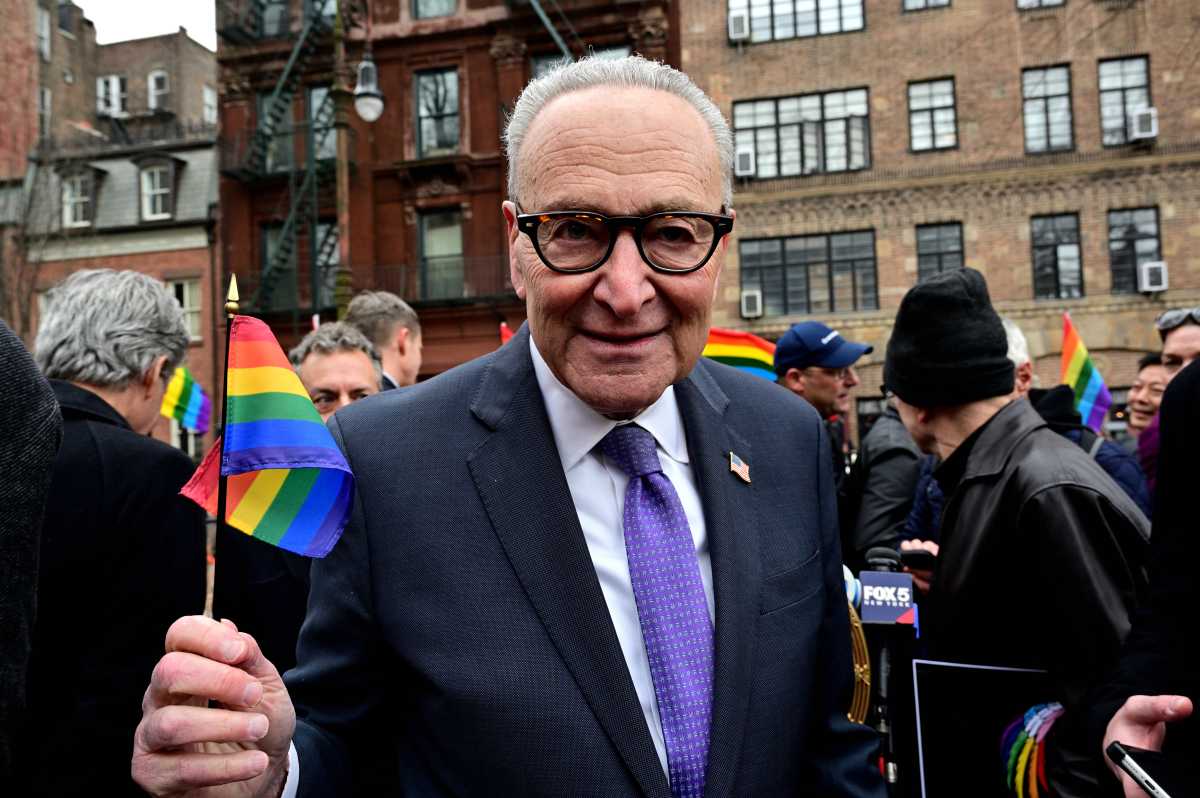By Albert Amateau
Amid dissatisfaction because of over-enrollment in city schools, there were mounting calls last week for increased parent participation in the Department of Education.
Manhattan Borough President Scott Stringer told a panel of The Villager’s editors and reporters about his proposal to create a Uniform Parental Engagement Procedure — or UPEP — using the city’s community boards as a model for parent participation in school affairs.
“I still believe in mayoral control of schools, but it works best if parents are at the table,” Stringer said.
His plan involves improving the city’s 32 Community Education Councils, which were created to replace the old local school boards and provide a way for parents and community members to take part in the education.
The councils each have 12 members, nine parents elected by parent-teacher organizations, two borough president appointees and a student representative. The councils are responsible for evaluating school performance, commenting on capital budgets and education plans and approving school district zoning.
But there is no timeline or structure for the Department of Education to engage the councils, and D.O.E. is not required to respond to the councils’ input, Stringer said. Moreover, the councils depend on D.O.E. for training and expert resources.
“It really creates a conflict of interest and undermines the councils’ independence from D.O.E.,” Stringer said.
To empower the 32 C.E.C.’s, Stringer would have the five borough presidents provide training and technical support, independent from D.O.E. The plan also calls for Borough Education Councils, where parents could address issues facing multiple school districts. The plan, which would require state legislation, would create a Uniform Parental Engagement Procedure, with timelines for consultation and review, involving public hearings and requiring D.O.E. response.
The structure resembles the city’s community boards’ involvement in the Uniform Land Use Review Procedure, or ULURP. But instead of the ultimate decision resting with the City Council, the final authority on Uniform Parental Engagement Procedures would be the schools chancellor and the Department of Education.
Stringer said the plan retains a strong mayoral hand, but provides a seat at the table for parents.
However, a group called the Parent Commission of School Governance and Mayoral Control is calling for a more drastic reform. The commission proposes a Board of Education with 15 members, with six parent representatives elected by the district Community Education Councils, three members appointed by the mayor, one by the public advocate, one by the City Council and four members who would be selected by the rest of the board to provide expertise in specific policy areas.






































